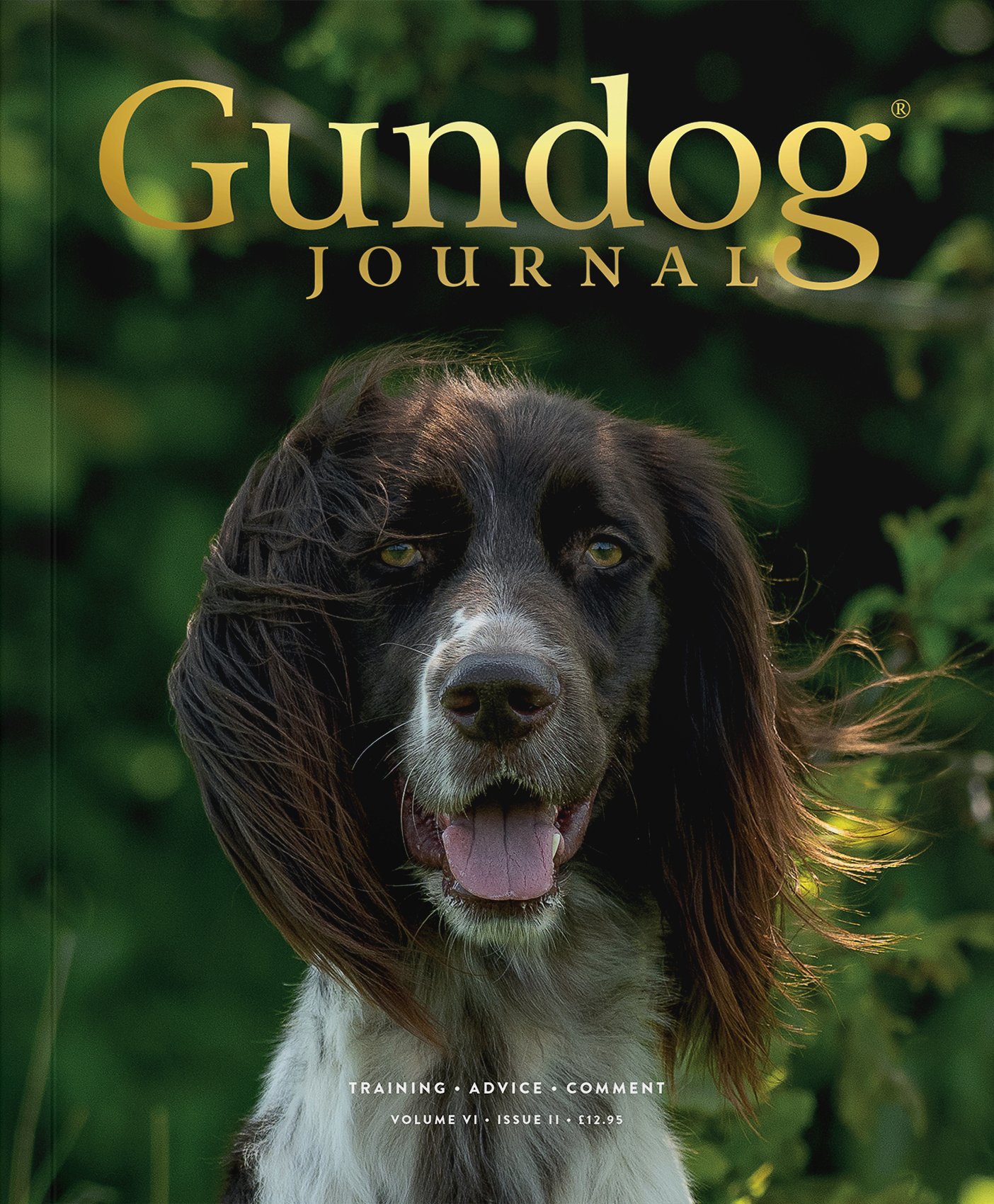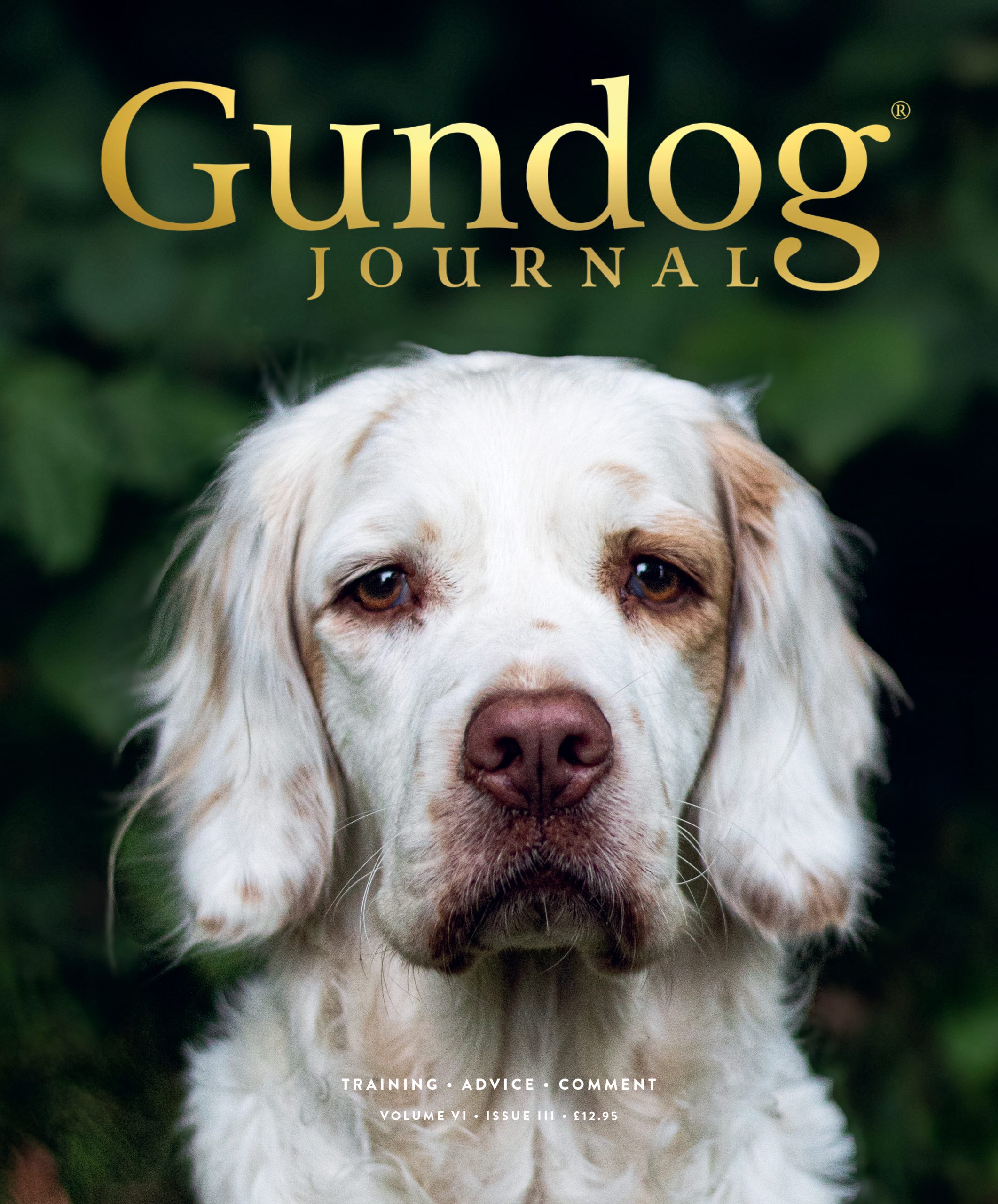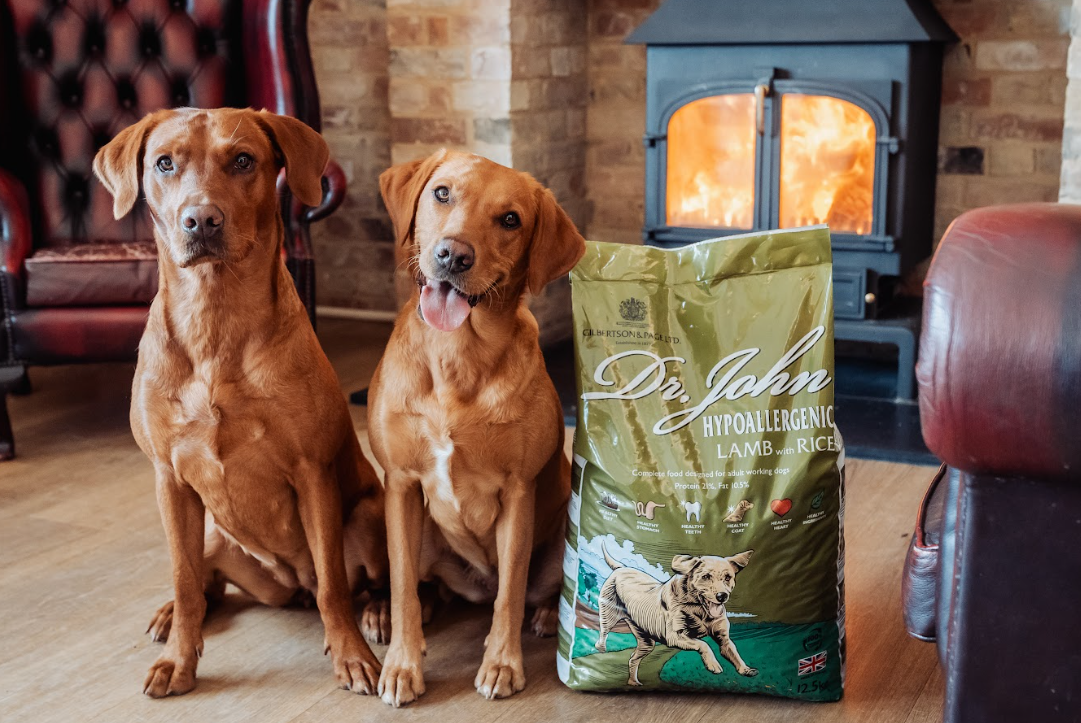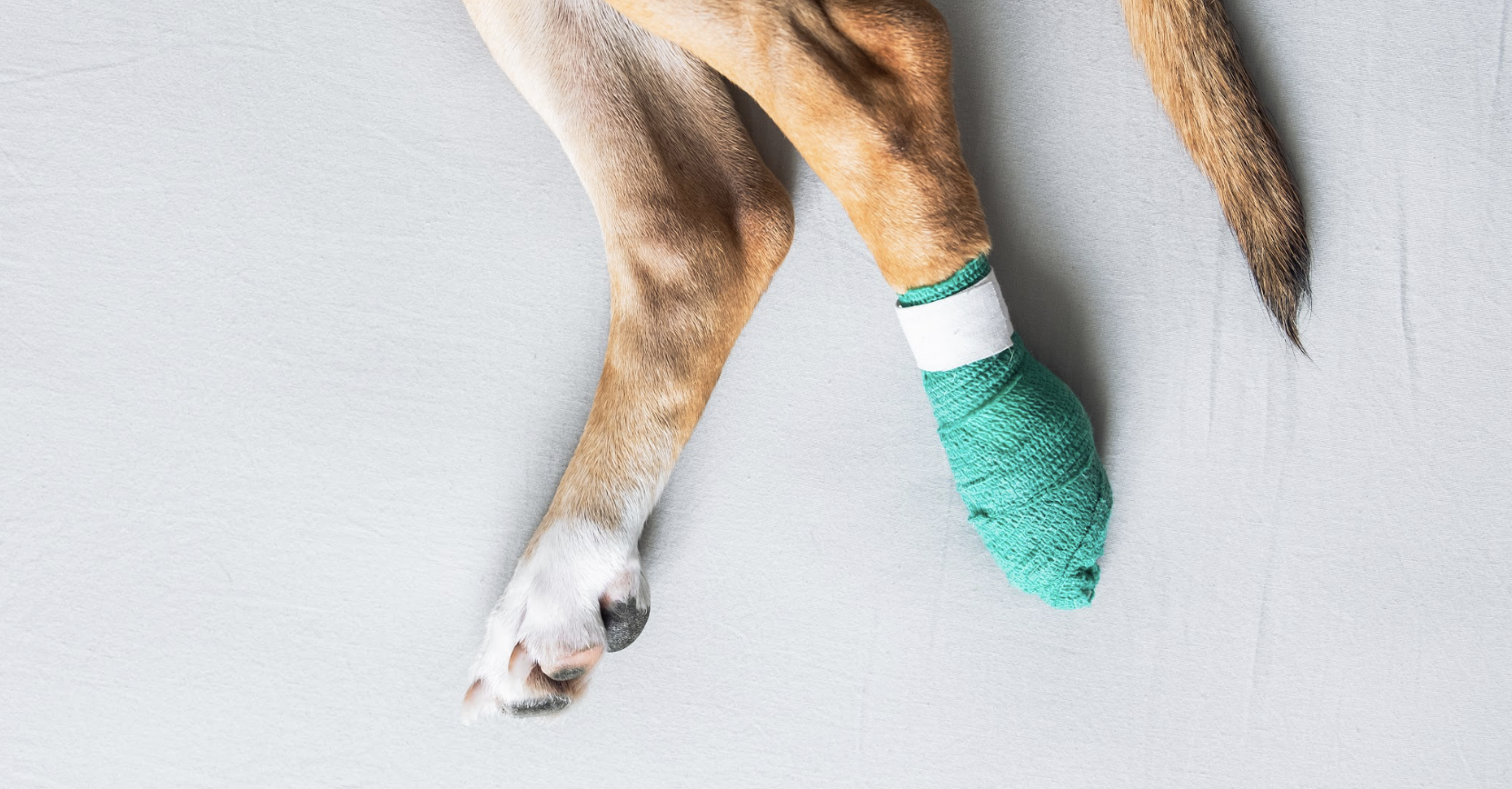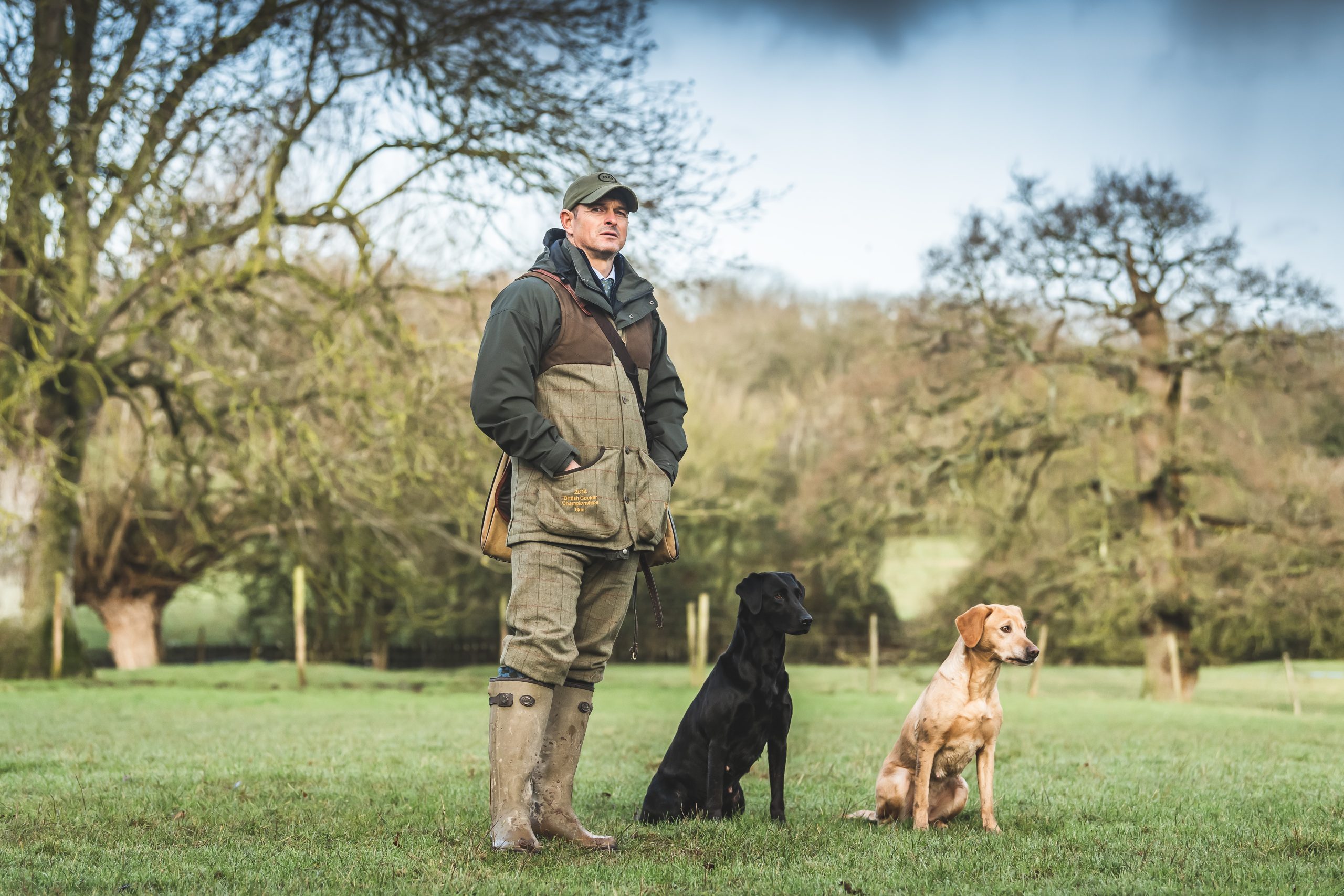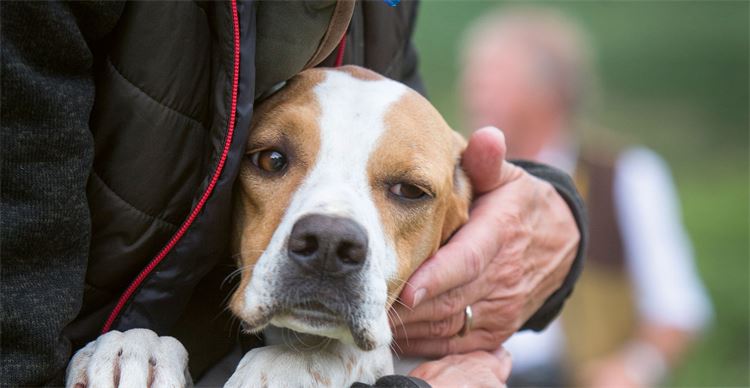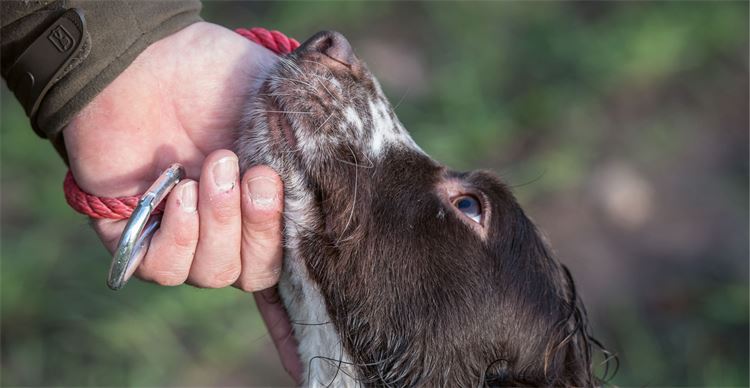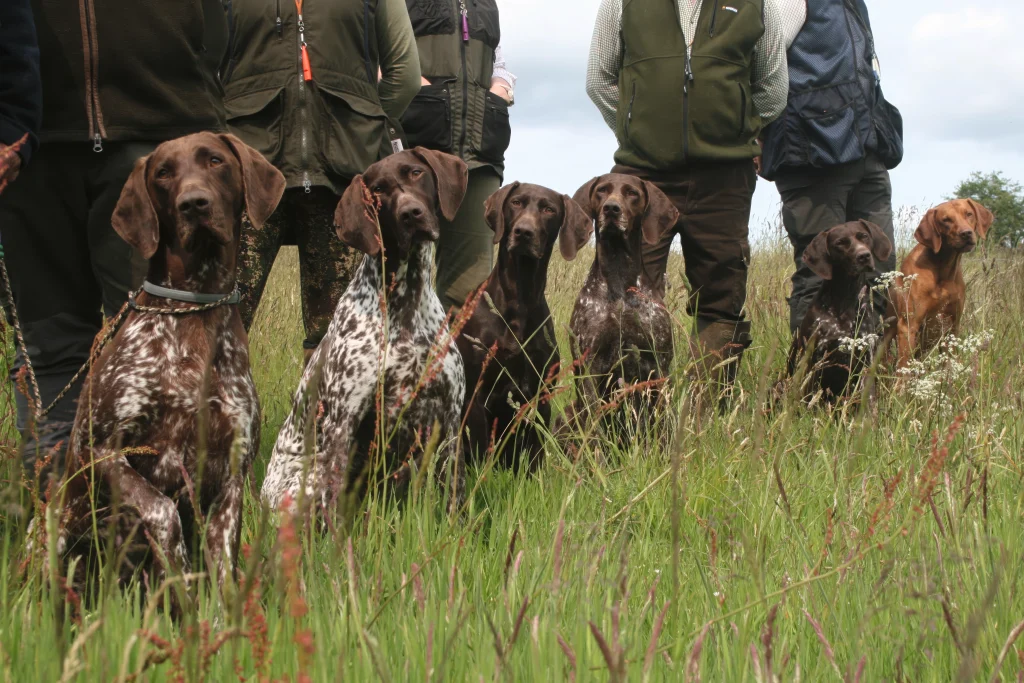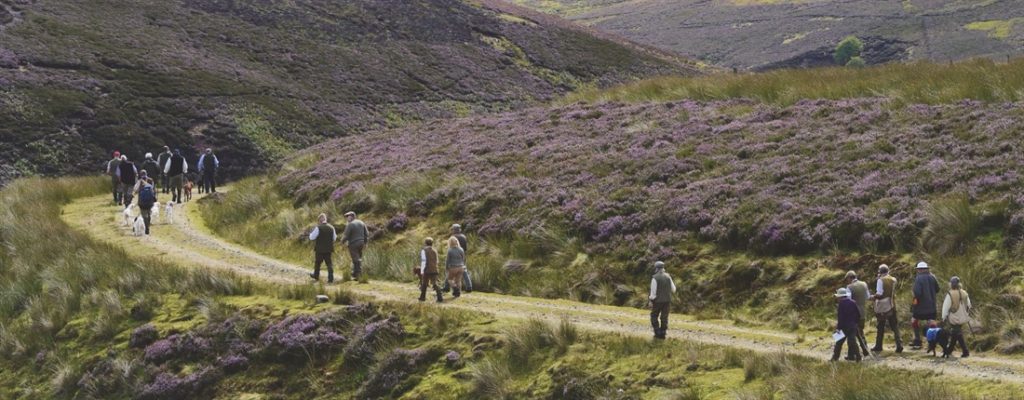How a dog can save a life
Working with gundogs is good for us on so many different levels and, as Leigh Fell reports, dogs provide great support to people suffering from mental illness.
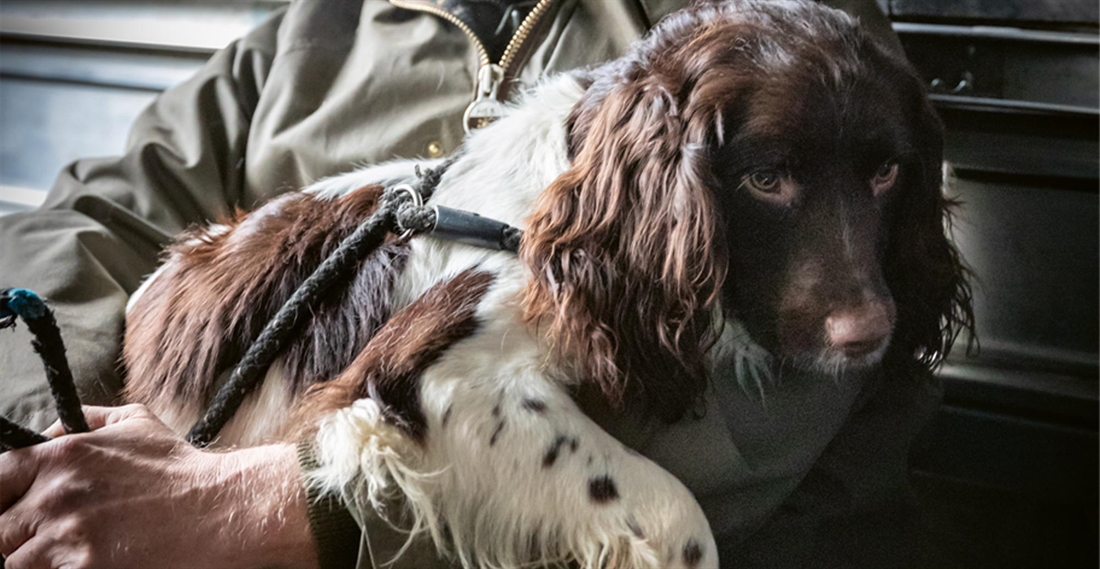
Photograph: JO SHEPHERD AND NIGEL KIRBY
Doris Day famously said: “I have found that when you are deeply troubled, there are things you get from the silent devoted companionship of a dog that you can get from no other source.” As a member of the Scottish National Rural Mental Health Forum I personally believe truer words have never been spoken. Bearing in mind the ever-increasing incidence of mental illness and suicide in rural and farming regions, the vital, unspoken role that dogs can play in remote communities is sometimes overlooked. And how can we better understand the effect that dogs have on us?
How dogs can help
I recently had the pleasure of attending my first ever pheasant shoot on a tranquil estate in the lovely rolling hills of Perthshire, beating with my three-year-old labrador pointer cross, Sebastian. It was only when I was driving home that it struck me I hadn’t once that day, thought about work or business or any other of life’s stresses that normally circle round my head constantly. For the first time in months my mind was completely clear. Entirely focused on working with the dog and nothing else. An almost meditative experience.
There is a wealth of scientific literature that proves owning pets, especially dogs, is beneficial for wellbeing, particularly cardiovascular health but I wondered if there is something about the act of working with a dog that gives a little extra boost for our mental health?
First, I decided to ask around my fellow rural forum members to find out if they had come across any examples of gundogs supporting mental health and sure enough, it wasn’t long before I found some. Helen Benson, Chief Operating Officer of the Gamekeepers’ Welfare Trust, had a number of stories from her work, saying: “We have a video of a gentleman who was a gamekeeper and was made redundant. He then became mentally unwell. He had lost his dog and lived on his own. We identified that part of his recovery should include replacing his dog who had died and he could not afford to replace. So we found a trained spaniel named Stan who has become his constant companion. After that he improved, found a job and felt much better.
“Another case was a gamekeeper’s wife who was suffering from depression when her husband was made redundant. Taking her dogs picking-up to another local shoot gave her a purpose and kept her identity as part of the community. For keepers who have been made redundant or retired their identity and connection with the gamekeeping community is very important. Working their gundogs keeps that connection in a legitimate way.
“We had a gamekeeper’s mum, whose son died in tragic circumstances. In coming to terms with her horrendous loss she has focused on looking after his dogs which she still does four years on. There is also a gamekeeper’s widow who lost her husband to cancer and who lives for his dogs – her only solace since they have no family.”
Helen continued: “There are many instances and there is no doubt that gundogs can be literally a lifeline. I know many retired gamekeepers who have kept their connections to their networks and community by picking-up, beating etc on shoots and others who keep their connections by being a part of a gundog club. With mental health issues a routine is really important, and having to take a dog out to exercise and take part in shoots is a strong motivation they may not have had without the dog.”
Here comes the science
So what has science got to say about this special bond between dog and handler? There are a number of proven physiological benefits to owning a dog. The first and most obvious being that they keep you fit and active and therefore maintain good cardiovascular health. Studies have repeatedly shown that dog owners have lower blood pressure, reduced cholesterol and triglyceride levels, resulting in fewer heart attacks and better survival for those that do suffer cardiac events.
But there are more and more studies now also showing that spending time with dogs has a dramatic effect on our “happy hormones” therefore reducing stress and depression.
The hormone in our brain most commonly linked to depression is serotonin. In fact the majority of anti-depressant medications centre around increasing this chemical. So finding ways of increasing this naturally in our lives is vital and dogs are one way of achieving that.
Who doesn’t love a cuddle?
Researchers at the University of Missouri-Columbia tested a group of 50 dog owners and 50 non-dog owners sitting in a quiet room with either their own dog or someone else’s. The results showed that stroking their own dog increased serotonin in the dog owners but did not have the same effect when stroking someone else’s dog. Interestingly blood pressure also reduced for both the dog and the human.
Oxytocin is another hormone that has been widely researched. Often called the “love hormone” or “cuddle hormone,” it is the hormone that is released through compassionate and caring human interactions and we now know that it has a similar effect when we interact with our dogs. Takefumi Kikusui of Azabu University in Sagamihara, Japan, found that when dogs and their owners gazed into each eyes, oxytocin levels shot up by 300 per cent in humans and 130 per cent in their dogs.
Other experiments show that interactions with dogs increase our dopamine levels and reduce the stress hormone cortisol.
Elevated benefits of working gundogs
But what of the working dog interaction? Maria Petersson and colleagues at the Karolinska Institute in Stockholm proposed that the actual way in which we interact with our dogs is also significant. Based on the information that has been studied in pet dogs, it stands to reason that someone who works with a dog and therefore spends an extended period of time during the day, out on a shoot for example, fully engaged with the dog for the duration of that time would receive even more elevated benefits.
And last but not least there is the element of companionship and social opportunities. In psychology, the much cited “Maslow’s hierarchy of needs” suggests that it is imperative for a human to feel “love and belonging” in settings of friendship and social connections. Needless to say, as noted in the examples given above, it appears to be this companionship and connection with a dog (or associated connection to other humans through the dog) which has one of the most profound benefits. The evidence confirms this also as science has shown that dog owners make friends more easily, partly due to speaking to other dog owners whilst out on walks and in the current setting this is particularly true of those who attend shoots with their dogs. In often isolated parts of the country, the dog and the pursuit of shooting give people that much needed connection.
A convert to the field
I was lucky enough to experience this first hand when I was invited to my second shoot in late December. This time it was a non-commercial friends and family shoot and festive get together. As we sat around the breakfast table, local farmers joked about the fact that they hit so few birds that they consider themselves conservationists. Meanwhile our lovely host Ian MacDonald, who farms in Midlem, near Selkirk, explained the ethos of the day to me. He told me that it is first and foremost about spending time with loved ones. It is about enjoying a day out together, having fun with the dogs, introducing new people like me to the pursuit and that the absolute least of the priorities is the actual shooting of birds. During the day my dog contributed to the light-heartedness of it all when he grabbed one of the
other beater’s sticks from her hand and began tossing it around in puppy-like fashion – OK we maybe have a bit more training to do but it certainly gave everyone around us a giggle.
I came away from the day feeling incredibly grateful to all who had been so welcoming. To Ian’s family for looking after me in the field, to his wife for cooking an incredible meal for all 16 of us – wow. And to everyone else, as I don’t think I’ve laughed so much in a long time as I did from start to finish that day.
As the drinks and merriment of the day continued into the evening, I was given one final reminder of the powerful effect our dogs can have. Professor Sarah Skerratt, fellow forum member and Director of Policy Engagement at Scotland’s Rural College, told me the story of a farmer who had approached her at the Royal Highland Show last year. He told her that a few months earlier he had found that life had become unbearable and that he had made the decision to end it. He took his gun and walked up the hill… but when he sat down, his dog rested his head on his leg and in that moment he couldn’t go through with it. He credits his dog with saving his life.
Leigh Fell is the founder and chief executive of Caritas Neuro Solutions.
Looking for help?
The Gamekeepers’ Welfare Trust supports gamekeepers, stalkers and ghillies, and their dependents past and present. The helpline number is 0300 123 3088.
The National Rural Mental Health Forum is a collaboration of over 140 organisations, many with expertise in tackling mental health issues and others that have memberships that reach out to all parts ofrural Scotland.
The Samaritans hotline is available free 24/7, 365 days a year on 116 123.
Related Articles
Get the latest news delivered direct to your door
Subscribe to Gundog Journal
Unlock the full potential of your working dog with a subscription to Gundog Journal, the UK’s only dedicated magazine for gundog enthusiasts. Published bi-monthly, this authoritative resource delivers expert training advice, in-depth interviews with top trainers and veterinary guidance to help you nurture a stronger bond with your dog.
With stunning photography and thought-provoking content, Gundog Journal is your essential guide to understanding, training and celebrating your working dog.
Save 10% on shop price when you subscribe, with a choice of packages that work for you. Choose from Print & Digital or Digital only with each journal delivered directly to your door or via the app every other month, plus access to past issues with the digital back issue library.
